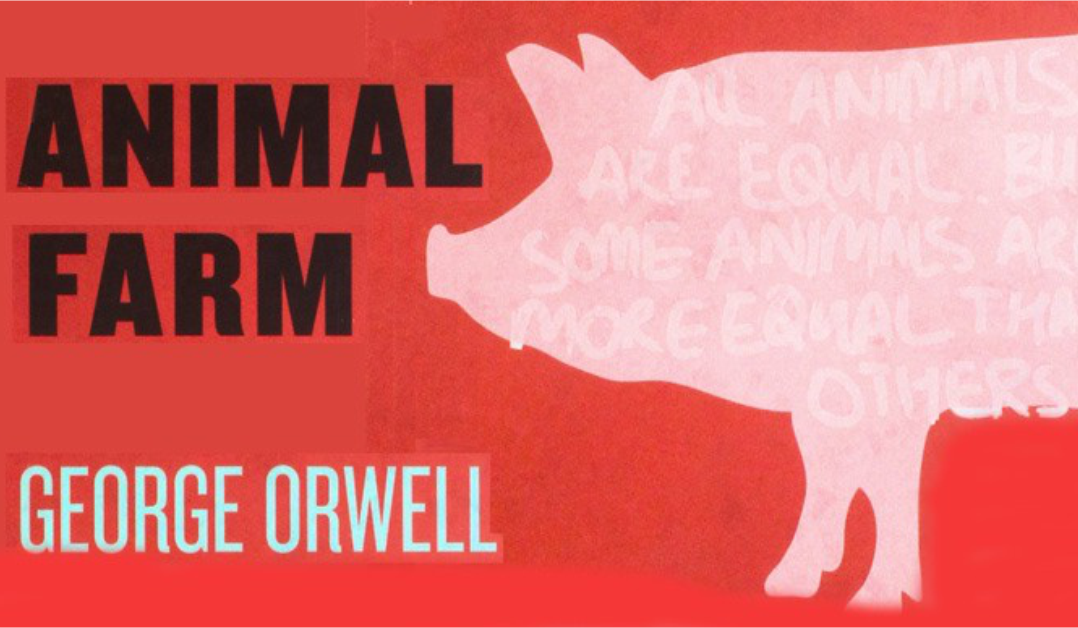Aljazeera
Since the beginning of Russia’s all-out invasion of Ukraine on February 24, the Indian government, and large segments of the Indian public, have firmly been on Putin’s side. Hashtags like #IStandWithPutin and #istandwithrussia trended on Indian social media, and the Indian government demonstrated – perhaps most notably by refusing to support UN resolutions condemning the invasion – that it is not willing to jeopardise its strong ties with Russia over Putin’s actions in Ukraine.
India’s approach to the situation in Ukraine is hardly surprising or atypical. Since the establishment of diplomatic ties following India’s independence in 1947, relations between Moscow and New Delhi have been shaped by a “high degree of political and strategic trust”. Across the years, Russia and India routinely took similar stances and supported each other on contentious international issues.
A partnership based on mutual trust
From the very beginning, Moscow saw its alliance with India as essential for offsetting American and Chinese dominance in Asia. And India always enjoyed the leverage that support from a major power like Russia provided in international politics.
In 1961, after India used its military to end Portuguese colonial sovereignty over Goa, Daman and Diu, for example, the US, the UK, France, and Turkey put forth a resolution condemning India and calling upon its government to withdraw its troops immediately. But the Soviet Union opposed the proposal.
In 1971, India and the Soviet Union signed the “Treaty of Peace, Friendship and Co-operation”. The treaty formalised India’s alliance with what was then a superpower and arguably ensured its preeminence in South Asia.
The Soviet Union and later Russia’s support for India on the issue of Kashmir has also been unrelenting and politically significant. In 1955, declaring support for Indian sovereignty over Kashmir, Soviet leader Nikita Khrushchev said, “We are so near that if ever you call us from the mountain tops we will appear at your side.” Since then, Moscow has been a bulwark against international intervention in Kashmir.
The Soviet Union vetoed UN Security Council resolutions in 1957, 1962 and 1971 that called for international intervention in Kashmir, insisting that it is a bilateral issue that needs to be solved through negotiations between India and Pakistan. And it took a similar stance on the Indo-Pak conflict in general. Such a stance was appreciated across the political spectrum in India.
In 1978, then Foreign Minister Atal Bihari Vajpayee – a founding member of the right-wing, Hindu nationalist Bharatiya Janata Party (BJP) who served as India’s prime minister between 1998 and 2004 – for example, put aside his ideological differences with the Soviet Union, and greeted a Soviet delegation to India saying, “our country found the only reliable friend in the Soviet Union alone”.
Since the fall of the Soviet Union, Russia has worked…



